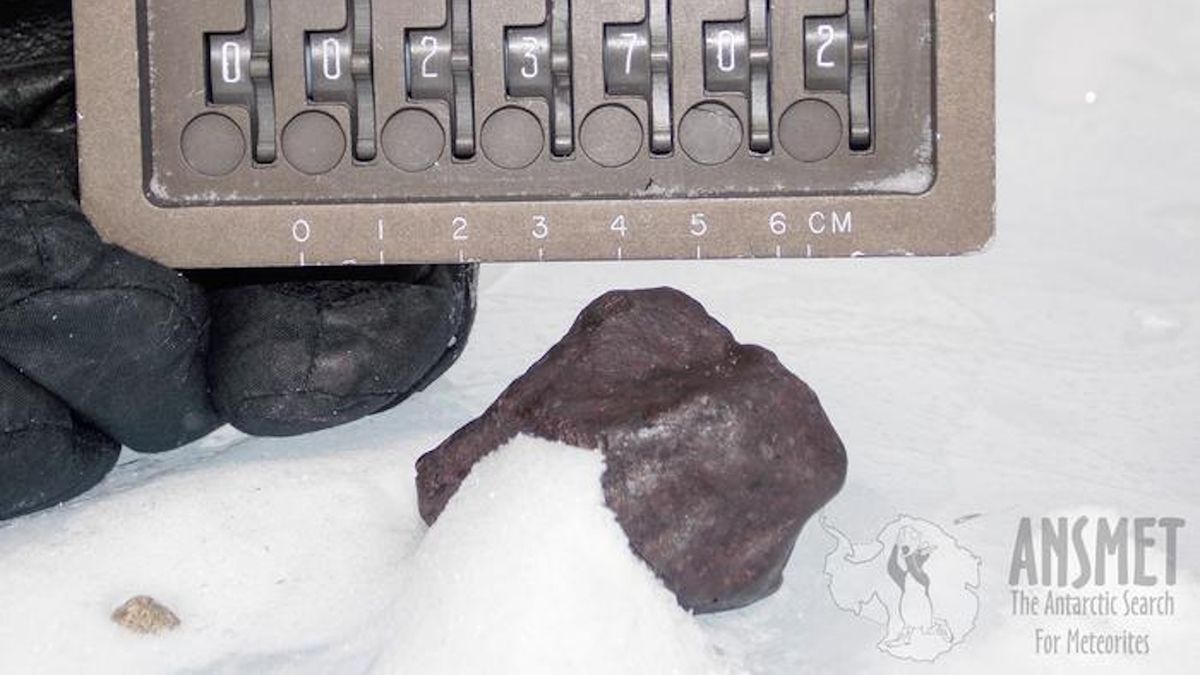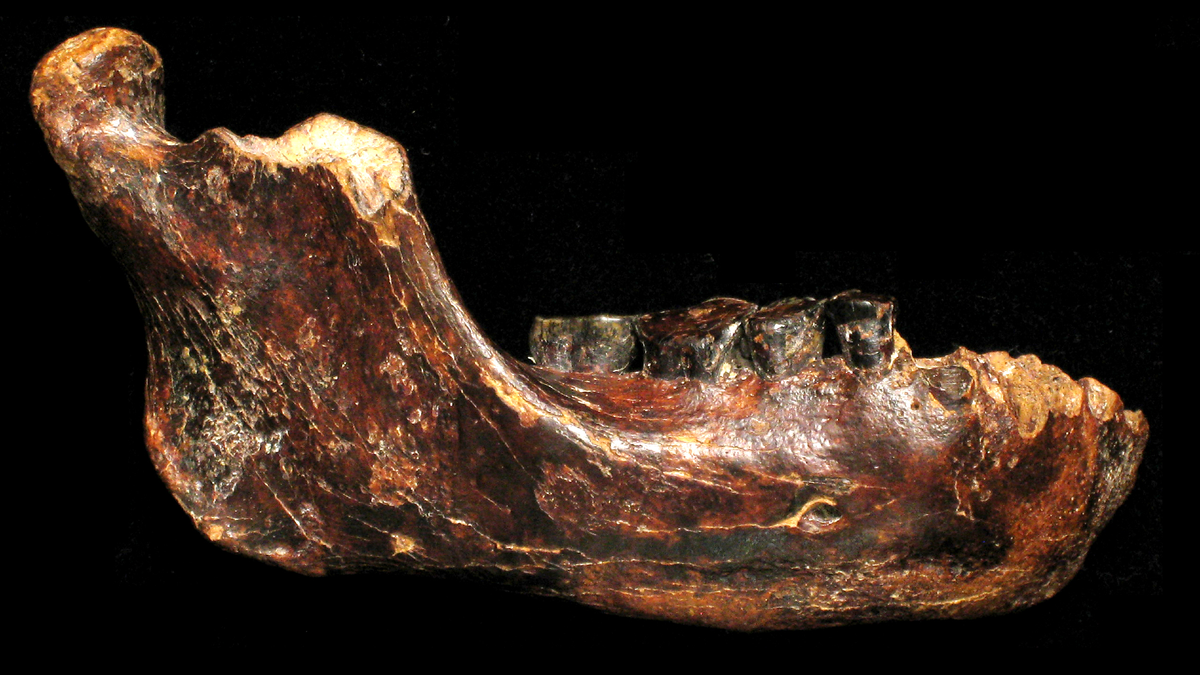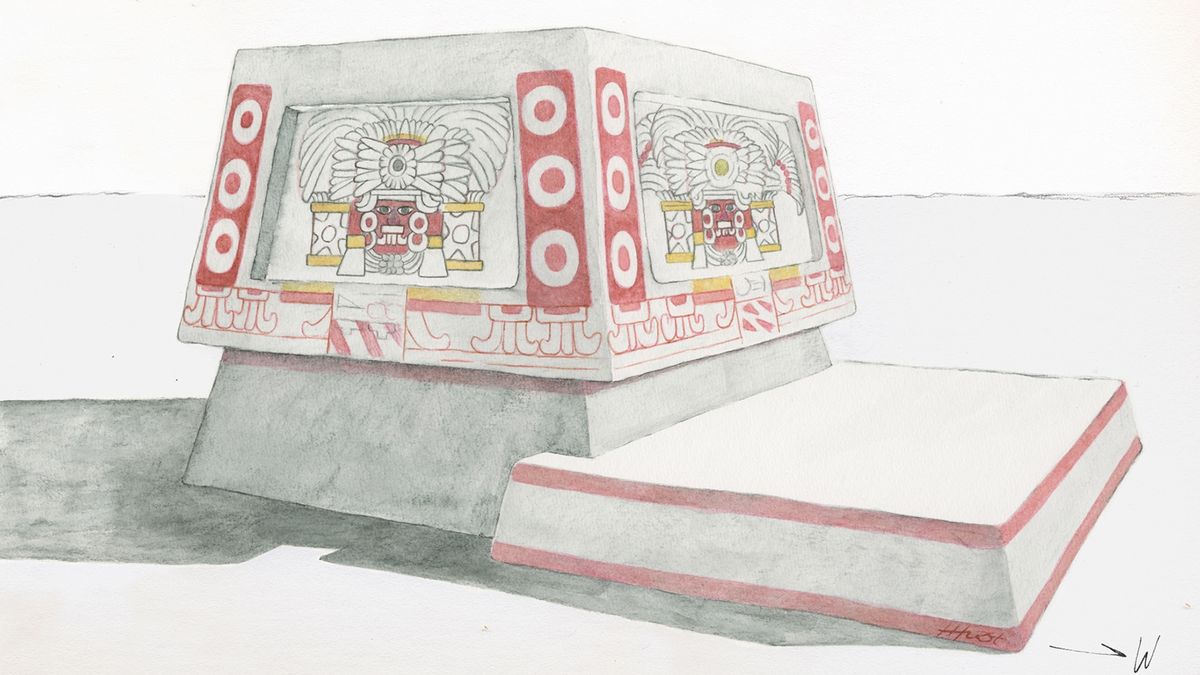Now Reading: Study Challenges Long-Held Beliefs on Earth’s Water Origins
-
01
Study Challenges Long-Held Beliefs on Earth’s Water Origins
Study Challenges Long-Held Beliefs on Earth’s Water Origins

Speedy summary
- A controversial meteorite study suggests Earth could have formed with the materials to create water, challenging existing theories that water primarily arrived through asteroid and comet collisions.
- Researchers discovered hydrogen sulfide in enstatite chondrite meteorites,which are similar to the type of material that made up early earth.
- Using X-ray absorption spectroscopy on a meteorite found in Antarctica in 2012, they found more hydrogen then anticipated inside the fine-grained matrix, suggesting it was present during EarthS formation.
- This revelation implies inner solar system rocky planets might contain sufficient hydrogen to form water naturally during their development – perhaps increasing habitable planet odds across the universe.
- Some scientists dispute this claim due to potential contamination from Earth’s water interacting with enstatite chondrites after landing. A pristine sample might hold definitive answers.
!Meteorite Found In Antarctic Snow
(Image credit: The ANSMET (ANtarctic Search for METeorites) Program, Case Western Reserve University and the University of Utah.)
Indian opinion Analysis
This study has broader implications for planetary science but also impacts India’s burgeoning space and scientific research programs.If confirmed, these findings suggest a shift in understanding planetary habitability – a critical priority as India advances its mars orbiter projects and lunar exploration ambitions. It expands perspectives on how life-supporting conditions arise naturally within planetary systems like ours.
For India’s scientific community, such potential shifts underscore opportunities for collaboration with global experts and institutions studying meteoritics or astrobiology – areas requiring robust infrastructure that ISRO or national labs may enhance further. Additionally,as part of wider space diplomacy initiatives,fostering international partnerships over contested but breakthrough studies could elevate India’s contribution to shaping long-standing scientific debates on planetary evolution.
Read More: Earth may not have gotten its water how we thought


























